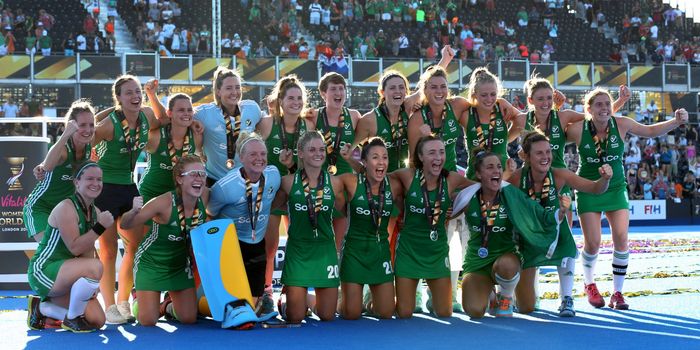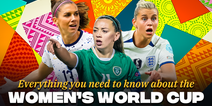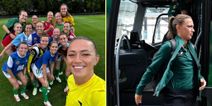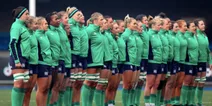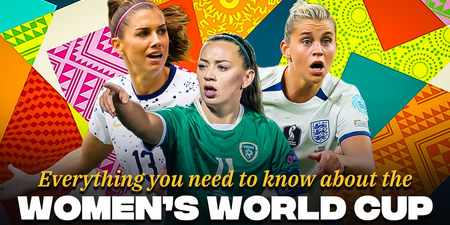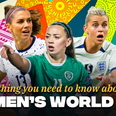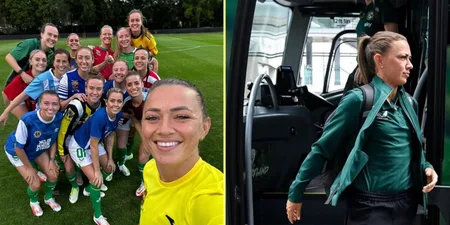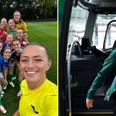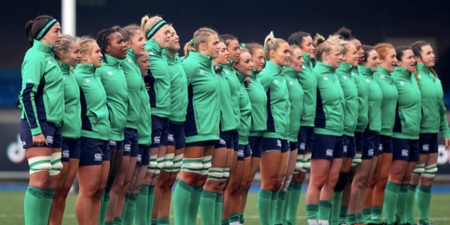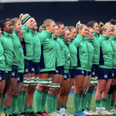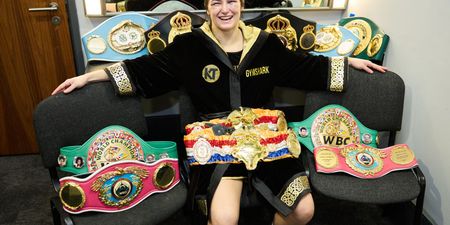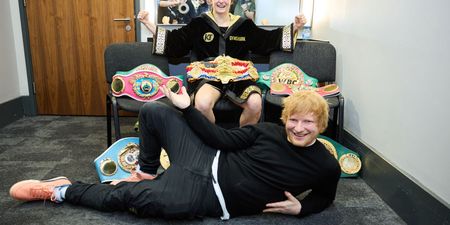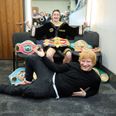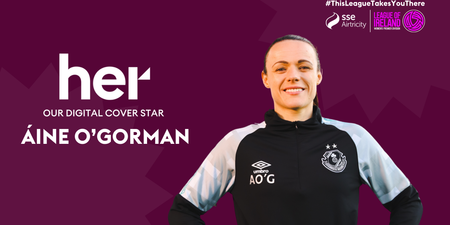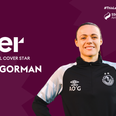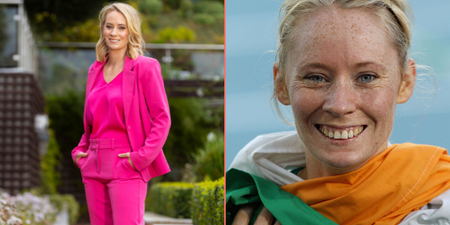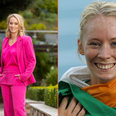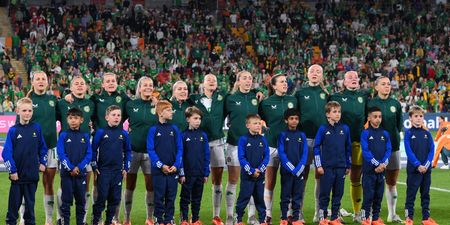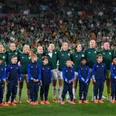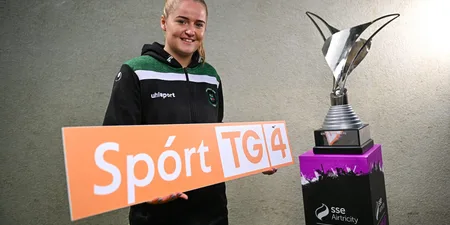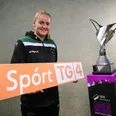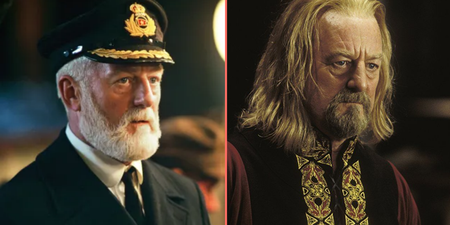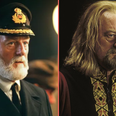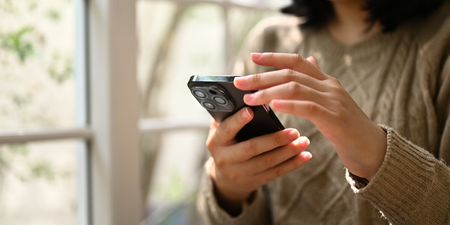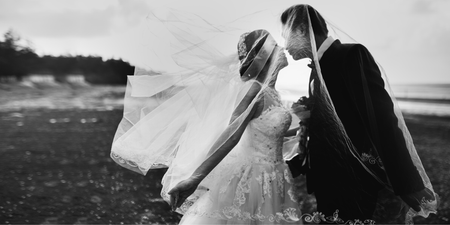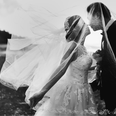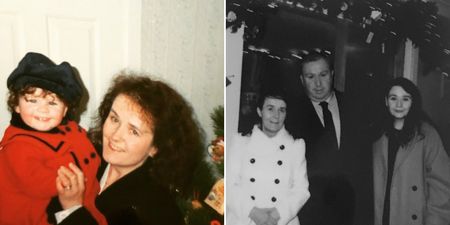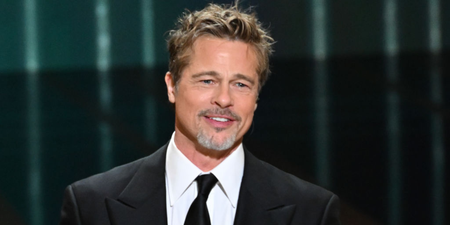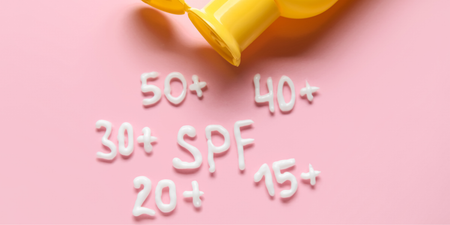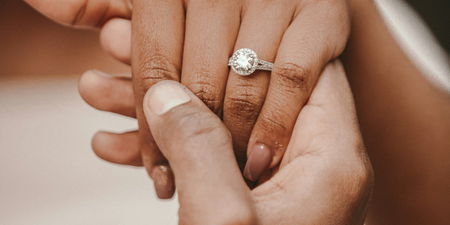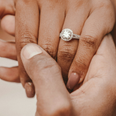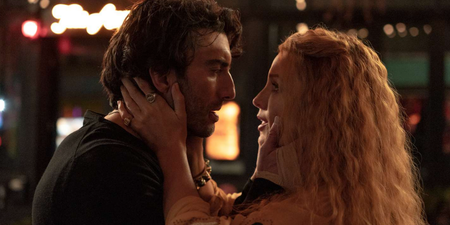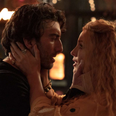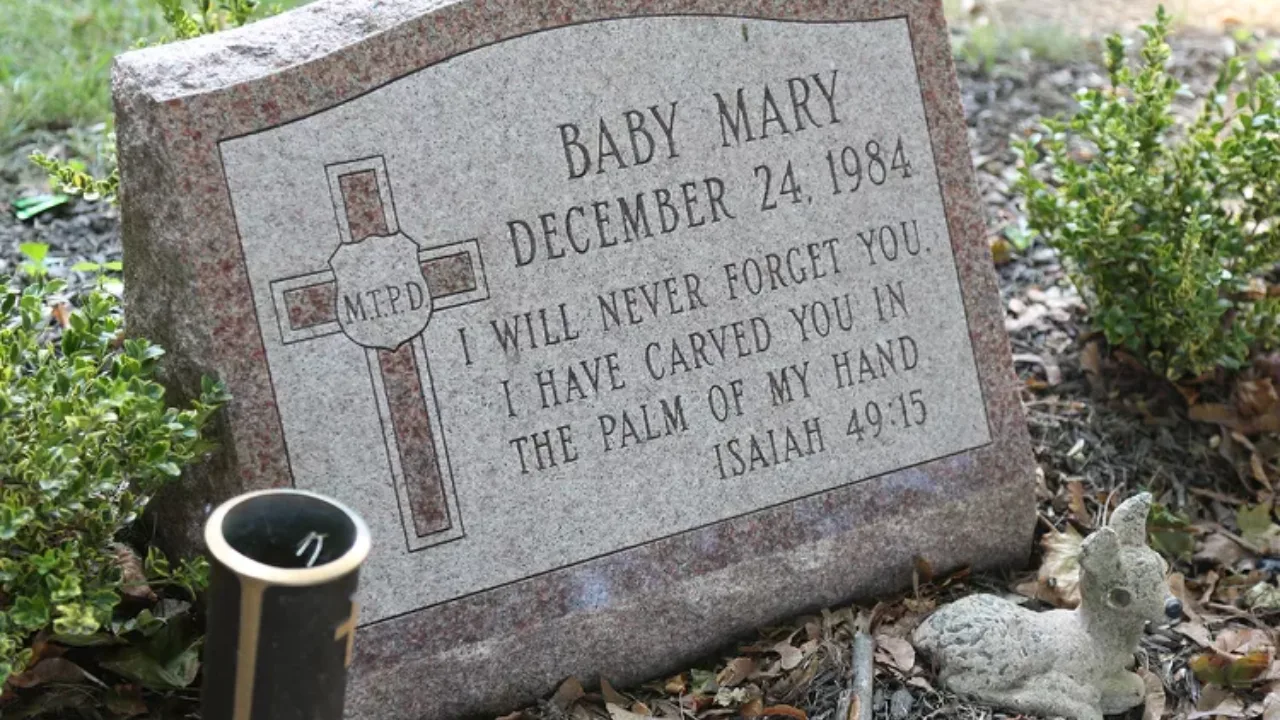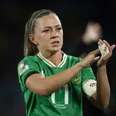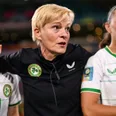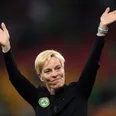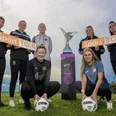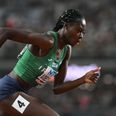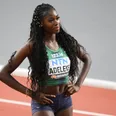“For the girls playing hockey in school now, these women are their heroes.”
The support, excitement, and absolute hype around women’s hockey in Ireland hit its peak during last year’s World Cup.
The team went head-to-head against The Netherland’s in London’s Lee Valley Stadium. They finished the match elated to be taking home the World Cup silver medal after a game that may as well have been at home given the number of Irish who had travelled over to support them.
Paula Cunniffe watched the game from a tiny, Irish pub in Lisbon.
Sat in a cramped bar with no air-conditioning and drinking warm Magners should have been a scene from hell, but having the match on the screen and people from all different clubs sharing the excitement of the final made the whole experience that bit more special.
“It became this really lovely thing,” says Paula. “Over the past few years, it’s become a huge network. The community and social aspect is amazing.”
As an avid sportswoman herself, Paula says there has been a considerable shift in the attention paid to sporting women in Ireland over the past year or so, particularly in hockey.
She doesn’t remember anything remotely close to the excitement surrounding the Irish team when she was playing hockey in school.
“It’s crazy to think,” she says. “I’d never even thought about something like that when I was 12.”
“For the girls playing hockey in school now, these women are their heroes. The likes of that didn’t really exist back then.
“They’re like Taylor Swift to them, they’re superstars.”
 Kathryn Mullan after the team’s World Cup final
Kathryn Mullan after the team’s World Cup final
Hockey, like a lot of sports, tends to see a considerable drop-off rate when players leave school.
Paula herself dropped the sport when she started college due to time commitments. She picked it back up again in her mid-20s, becoming captain and eventually president of the club. She is also currently a Director of Hockey Ireland.
She says that, aside from the obvious benefits of playing sports like increased fitness levels and the unwavering sense of community, she was glad she got involved again for the invaluable skills she learned to bring directly to her current role of CEO of the Mark Pollock Trust.
“Being that involved you have so many skills that are transferable onto business,” she says.
“You’re on the pitch with the team but you’re also running the committee. Everyone has their different issues and you have to give everybody time. When I took on my current role, being president of the hockey club made a huge difference.”
Paula has been CEO of the non-profit for two years now. Every year, the team stages a global running series called Run in the Dark, a fundraising event working with volunteers as well as government and academic collaborators in a bid to find a cure for paralysis.
The trust was set up in the name of a Mark Pollock, an Irish adventurer and motivational speaker who lost his sight in 1998 and was paralysed over a decade later when a fall from a second story window nearly took his life.
“One of our key focuses is collaboration and teamwork flows from that,” says Paula.
“I definitely learned a lot playing hockey growing up too. My coaches were amazing, they inspired you to push yourself.
“You’d be giving maybe 80 percent and they’d push you to give 90. You know you have it within you to push it further, but you just need that shove in the right direction.
“That kind of learning you get from sport has been invaluable. You take it with you.”
 Paula Cunniffe
Paula Cunniffe
Fifteen or so years ago, Ireland didn’t have the same focus on women’s sport. In fact, even a few years back, you’d be hard-pressed to find a female sportsperson who wasn’t already a global star like Sonia O’Sullivan or Katie Taylor getting much coverage.
This, however, is in the process of changing – especially for hockey.
Since last year’s World Cup, there has been a massive upsurge in young girls finding an interest in the sport – and older women returning to the game after years away.
Paula’s club, Loreto Rathfarnham, is thriving. There are now about 500 girls between the ages of 4 and 15 playing in the junior club, with more joining every month.
One of Ireland’s largest women’s hockey clubs, Loreto has six senior league teams, a vets’ team, and the aforementioned always growing junior section.
Paula says that the size of the club is testament to the incredible community and social aspect that comes with playing a sport like hockey, but also the increased coverage that such sports are getting – most notably as part of the 20×20 campaign.
“It seems to have coincided with (that),” she says. “There’s a great bit more attention being payed.”
“People are watching more hockey – and all women’s sports.
“It feels like there has definitely been more coverage, even though I’m in a bit of an echo chamber. It’s great to give people the option too, because not everybody wants to play but you can still support by watching.”

Boasting the tagline ‘If she can’t see it, she can’t be it,’ the 20×20 campaign is an inclusive moment to shift the perception of women’s sport in Ireland by the year 2020.
This involves 20 percent more participation, 20 percent more media coverage, and 20 percent more attendance at women’s games and sporting events.
And while it’s safe to say that the women’s hockey team achieved this – and more – during last year’s World Cup, Paula says that there is always pressure to keep this momentum going, a feat that will be achieved with increased support and, as always, more funding.
“That’s always a challenge across all sports that aren’t the hugely popular ones like GAA, rugby, and football,” she says.
“The women’s team have recently gotten a new sponsor, which is fantastic. It’s always good to see corporate partnerships because there is a huge amount of cost involved in team sports.
“The team, the managers, and the coaches all need to go abroad for matches, so it’s certainly still a challenge. But more publicity always helps, and that’s what we’re getting now.”
The next step for the Irish team is the road to Toyko. Having already secured an impressive win over Czech Republic earlier this month, the team are focused on making it to next year’s Olympics.
“It is important that we keep this momentum going,” says Paula. “How amazing would it be to have both the men’s and the women’s teams over there next summer?”
You can find out more about the Mark Pollock Trust’s Run in the Dark here.
Keep up to date with the Irish women’s hockey team here.

20×20 is an ambitious two-year long initiative to better promote and champion women in sport.
With the tagline of “if she can’t see it, she can’t be it,” the 20×20 movement has three targets to reach by 2020:
- 20 percent more media coverage of women in sport
- 20 percent more female participation
- 20 percent more attendance at women’s competitions and events
And at Maximum Media, we’re proud that Her and SportsJOE is backing the 20×20 movement as official digital media partners.
